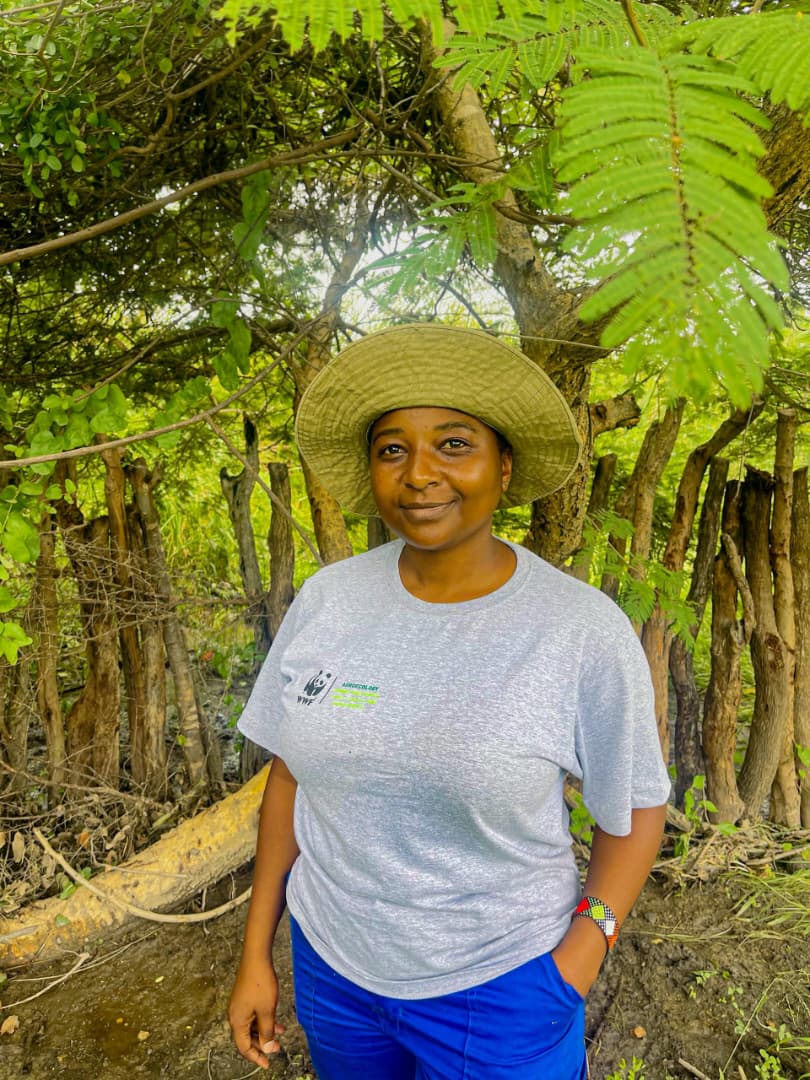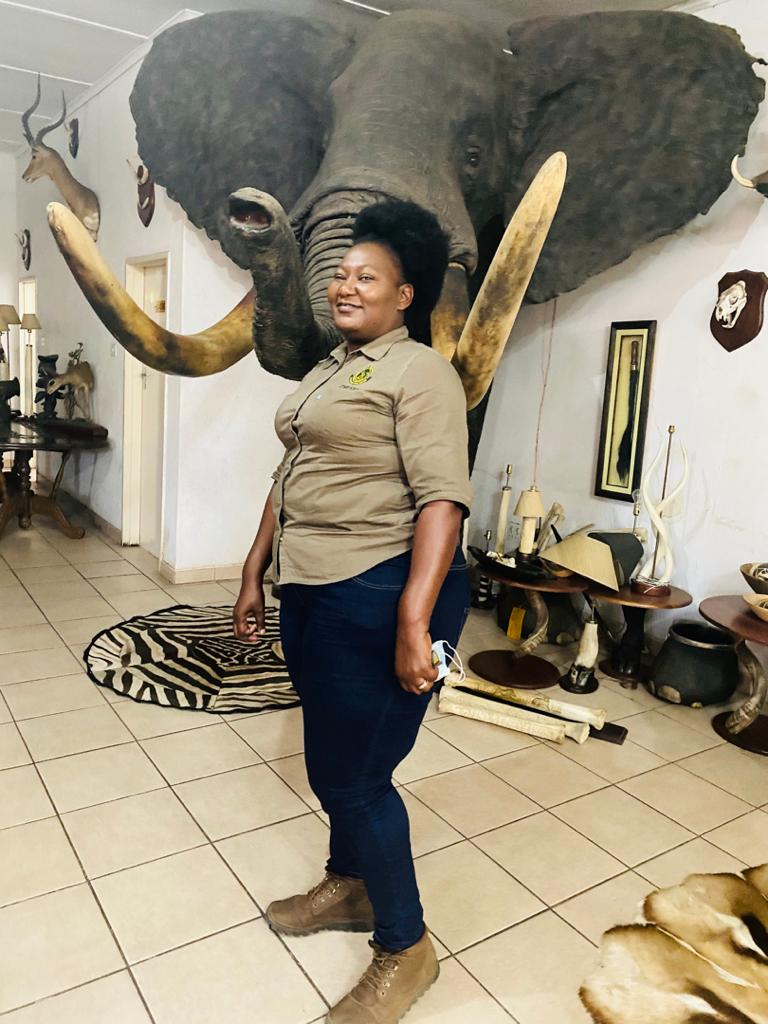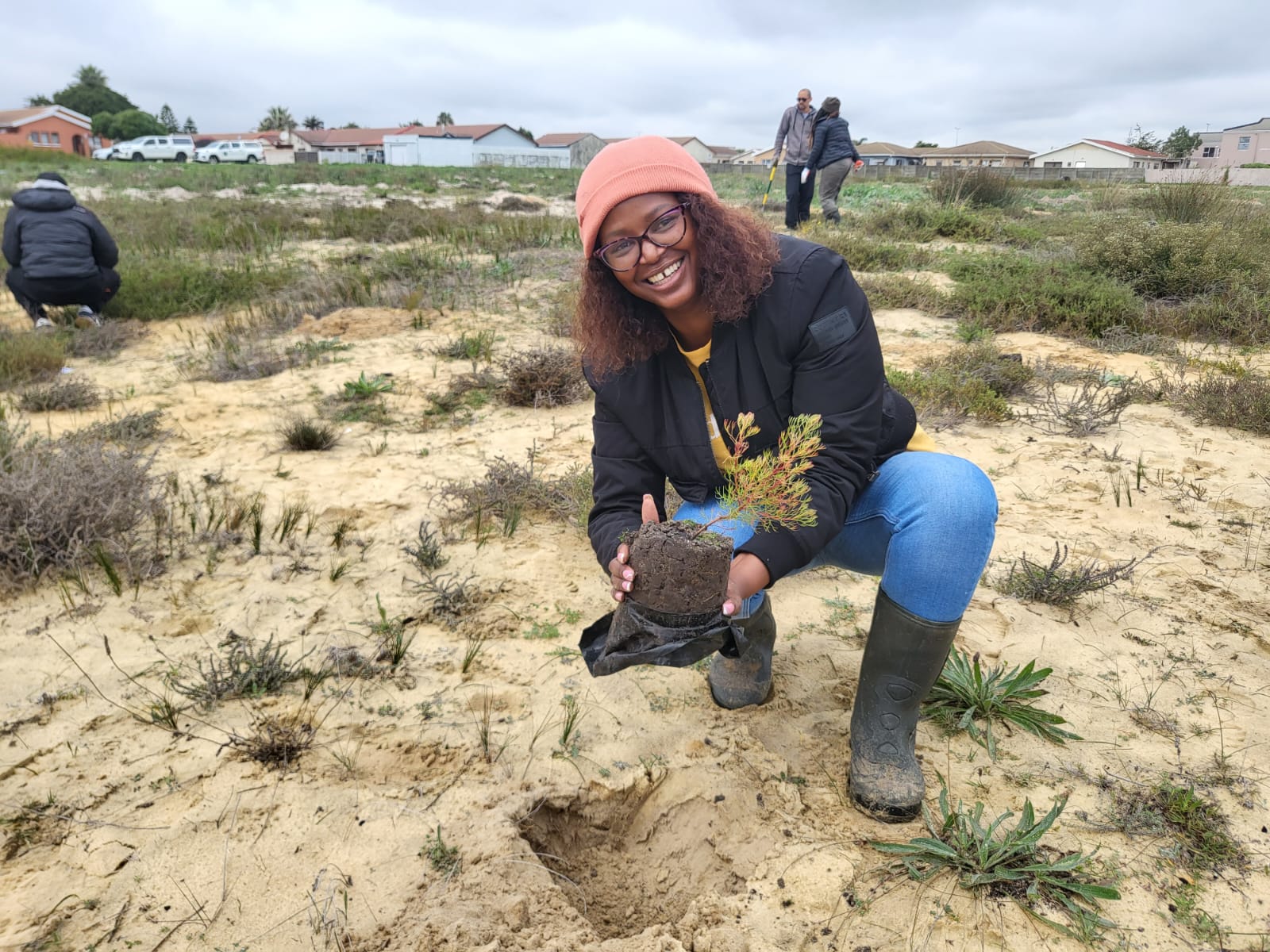I am happier and more focused as a result of making healthier lifestyle choices.

James Kusewa at the First Lady's Half Marathon- 2020
“It’s what you do right now, today, that determines how your mind and body will operate ten, twenty, and thirty years from now”, Warren Buffet was quoted saying. 39-year-old James Kusewa would concur.
The computer science, Information Technology and Business graduate, who currently works as the head of sales at MTN, has made very deliberate choices regarding his lifestyle. He talks to Damaris Agweyu about keeping fit, quitting alcohol and going vegan.
James, what makes your heart sing?
I am very keen on outdoor activities. In August last year, I climbed Mt. Kenya, and in October, I ran the Standard Chartered Nairobi (full) marathon. One of my goals this year was to compete in a triathlon, but then COVID happened.
What was your time for the marathon?
4 hours and 15 minutes. Elite runners do it in 2 hours. I have mad respect for them. One day I hope to complete it within 3 hours.
That’s quite ambitious.
It will take a while, but I’ll get there. I’ve been doing half marathons for the longest time. This year I did The First Lady’s Half Marathon, and my time was 1 hour and 37 minutes. It was a build-up to my triathlon ambition, so I trained a lot for it.
Failure to do the triathlon, however, didn’t stop my physical fitness journey. I recently took up boxing as a hobby. It requires physical fitness on a whole new level; there is a saying: you think you’re fit until you try boxing. It’s intense!
Have you always been a gym rat?
No! To put things in perspective, in January 2019, I was 80 kilos, and today, less than two years later, I am 60 kilos. In less than two years, I’ve lost 20 kilos.
 BEFORE AND AFTER PICS- James Kusewa has lost 20 kilos in under 2 years.
BEFORE AND AFTER PICS- James Kusewa has lost 20 kilos in under 2 years.
You’ve made very deliberate choices about your lifestyle.
Yes. Though they weren’t deliberate at first. I’d go on diets and exercise for a while then stop for various reasons; sometimes it was the heavy workload, or I’d just lose interest. But then around 4 years ago, I became very deliberate about my lifestyle choices. The first thing to go was alcohol.
Talk to me about that.
It’s very easy to get sucked into alcohol. There’s a thin line between having fun and letting things get out of hand, and for many people, that line becomes difficult to distinguish. You need to know when to stop. Otherwise, you end up doing things you will regret.
Did you get sucked into it?
I don’t think I did anything I regret, but sometimes I would get to a point where I knew I had gone too far. I would get home late on a Friday night because I had been drinking with my buddies and lost track of time. The next day and most of Sunday I would spend the day on the couch, nursing a hangover and watching TV. That would be my weekend wasted. Those kinds of things put a strain on your relationships at home.
When did you quit?
New Year’s Day 2017. I made the decision and went cold Turkey.
Was it hard?
At first, it was. I’d go out and have people asking why I wasn’t drinking. Some would tempt me to drink, but after some time, they just got used to it. And then I began to have a whole new perspective of things. When you’re you’re not drinking, you notice a lot of things you would otherwise have missed if you were drinking: people stepping on your shoes, spitting as they talk, shouting over you. Then you realize you’re not actually missing out on anything.
And when drinking is no longer part of the equation, you adapt to a new lifestyle and pick up other interests. I like house music, so I would enjoy that with my bottle of water whenever I went out. I also started going out less, maybe that’s an age thing too.
And then, shortly afterwards, you went vegan.
Yes. I used to workout, but I never paid too much attention to what I was eating. And here’s the thing: if you’re not eating right, regardless of how much you’re working out, you cannot lose weight. I say weight loss is a numbers game – the number of calories you take in needs to be less than the number your body is burning. It comes down to the type, amount and frequency at which you’re eating.
The trigger for me to go vegan was after watching 3 different documentaries on Netflix. The first one was Game Changers. It caught my attention because of its sports angle; athletes talking about how plant-based diets give them more energy.
After watching Game changers, Netflix recommended a similar documentary which I watched with Winfred, my wife. It’s called Forks Over Knives; it talks about the health benefits of plant-based diets. It also has a social angle to it where they talk about the negative effects of livestock farming on the environment.
The third is called What the Health, it talks about how government agencies, particularly in the US, focus on promoting certain foods (processed meats and dairy) based on their commercial benefits as opposed to their health benefits- which by the way, are apparently not that many. I watched these 3 documentaries in succession and ultimately decided to become vegan.
Did you have any meat in the freezer as you were making that decision?
I remember there was fish that was there for a month – within that time there was some cheating.
Many people first go vegetarian, but you went full vegan.
Yes. That meant no animal products at all- no eggs, no dairy, no meats. And if you go deeper, that means looking into how the food is prepared, what oils are used. Everything is plant-based.
How on earth do you just quit?
It was tough. I’d go out and smell nyama (meat), and the aromas would be tempting. But honestly, those documentaries did it for me. I challenge anyone to watch them and not be impacted in some way.
Again, I asked myself, is there anything I am losing out on by not eating meat? The answer was no.
Doctors focus so much on treating diseases but rarely talk about prevention; nutrition is one way to prevent disease. Look at places where obesity is a problem and look at their diet; it just tells you where the problem is. There is a clear correlation between diet and disease.
But did you love meat the way Kenyans love meat?
I loved meat. There used to be a kibanda (food shack) next to my office, where I would go every lunchtime and pick out at least 3 different types of meat to eat. I loved meat. But right now, I don’t even think about it. Sometimes the smell of fresh meat from a butchery is repulsive to me. I have found alternatives which, by the way, taste really good.
Like what?
Vegetables, starches and grains are the major categories. I do salads which are so easy to prepare.
Rice and beans is my all-time favourite. And if you look at types of lentils, there is a huge variety there, and they all taste different. I make different types of potatoes, baked, boiled and fried.
When you’re discovering different menus, there are so many other meals you may never have thought about. Take mushrooms for example, before I became vegan, they were not even a consideration. I cook mine with some coconut cream, salt and pepper. They taste so good!
Unfortunately, most restaurants in Nairobi don’t serve vegan meals on their own but rather, as side dishes- and that’s what I end up ordering when I go out.
Is your wife vegan?
No.
How does that work at home?
She was vegan for the first couple of months, but then she loved meat too much and had to go back (laughs).
How does it work? I have a great support system in my wife. In our home when one of us feels very strongly about something, there’s always the support from the other partner. That’s the cornerstone of everything. I am lucky that we have that going. We rarely cook meat in the house. Most meals will be vegan, and when we go out she can order for her meat, and everyone’s happy.
Who cooks?
Honestly, I cook most meals- mostly because I want to be in control of what I am eating.
You are the first vegan Kenyan man I have met.
Really? (laughs) I think it’s a culture thing. When you’re a kid, it’s hammered in you that meat is special. If your family is well off, meat becomes a part of every meal. If not, you look forward to the days you’ll have meat. Meat is considered a delicacy. It isn’t easy to move away from that.
There is also a lack of information about the harmful effects of animal products. In other countries, the awareness is growing with all kinds of lobbyists working day and night to give people the right information. But here, people don’t talk about it.
I don’t rub my choices in people’s faces; most people figure it out for themselves. I don’t force people not to eat meat, I’ll suggest it here and there, and if someone is really interested, then I’ll open up. And if I feel like someone is judging my choices, I find ways of deflecting the negative energy; it’s the kind of person I am. I may just crack a joke and move on.
Some people become vegan for health reasons, others because of the impact that livestock farming has on the environment, what was the more powerful motivator for you?
My health was my first motivator. I am happier and more focused as a result of making healthier lifestyle choices.
The impact on the environment comes in second. In Kenya, it’s not as bad it is in the western world, because we don’t have those huge farms that contribute to greenhouse emissions; here, it’s mostly open grazing.
And thirdly, it’s compassion for animals.
If you look back on the history of humanity, our ancestors mostly gathered berries and roots. Once in a while, they would make a kill and eat meat, but it wasn’t their staple. Today, we have made it our staple.
You mentioned you feel happier and more focused as a result of these choices… for real?
For real for real. I am a completely different person today than I was 5 years ago, and this is how I can tell: My articulacy, my focus, how connected and structured my thoughts are, how present I am, my energy levels, my participation in meetings…all these are entirely different.
Maybe it’s a product of reading as well; over the last 2 to 3 years I’ve been reading more than I did before. But I think that’s also a consequence of finding new things to do. If I’m not spending my time partying what else am I doing? I read, I watch documentaries… I can connect the dots and say stopping drinking led me to these things.
I was one month into veganism when I ran my full marathon, and I feel that nutrition had a big part to play in that. This year was my personal best time for the half marathon was in The First Lady’s Half Marathon.
And when you go vegan you lose weight- there is a lot more fat contained in meat than a plant-based diet. "I am a completely different person today than I was 5 years ago", James Kusewa.
"I am a completely different person today than I was 5 years ago", James Kusewa.
What are your vices?
Everyone has vices, right? Coffee? I drink a lot of coffee, and sometimes that will keep me awake until 2.30 in the morning. And then I’ll be checking out memes on my phone instead of sleeping. Yeah, my vices are coffee my phone.
What advice would you give to anyone who might want to make similar lifestyle choices?
There’s the 21-day rule- you do something for 21 days, and it becomes a habit. Give yourself 21 days. Don’t eat meat, don’t drink alcohol, for 21 days. See the difference it will have on your life, and then make your decision. And you can try it out as many times as possible. There was a year I did 21 days without alcohol and went back, but it was the trying that made me realise how it feels.
Secondly, watch those Netflix documentaries. You can get information from many different sources but when something is connected to a story, and Netflix is so good at this with their documentaries, it has so much more power.
What stands out in all this is your level of discipline, would you say you are a disciplined person?
I struggle with it like everyone else, but I have found ways of resolving to do stuff. There are other areas of my life where I lack this kind of discipline. But if you can get over the small temptations, it becomes a habit, and then a lifestyle. And once it becomes a lifestyle, it’s easier to stay disciplined.
It’s more challenging at the beginning, I guess.
Yes. And I can give you the perfect example with boxing: there is what we call a combination of punches that you learn: it can be left-right, upper hook- it’s a formula so to speak. A good coach will firstly train someone to be physically fit and then train them on the combinations. Combinations are moves you practice so often that they soon become second nature, like habits. So a coach can call out a combination, and you will do it without thinking. I am likening this to the habit side of things- in as much as it requires discipline to start, once it becomes part of your routine, it becomes second nature.
Also read: ‘We Were Not Designed to Sit’: Japheth Amimo on Investing in Your Health





